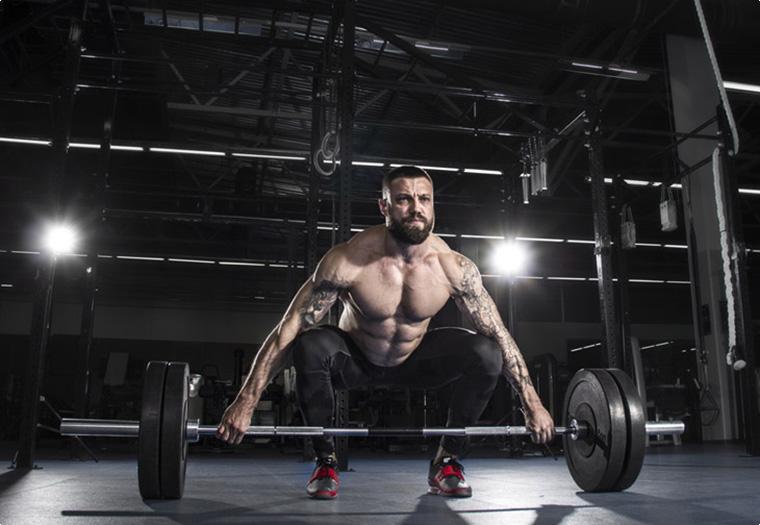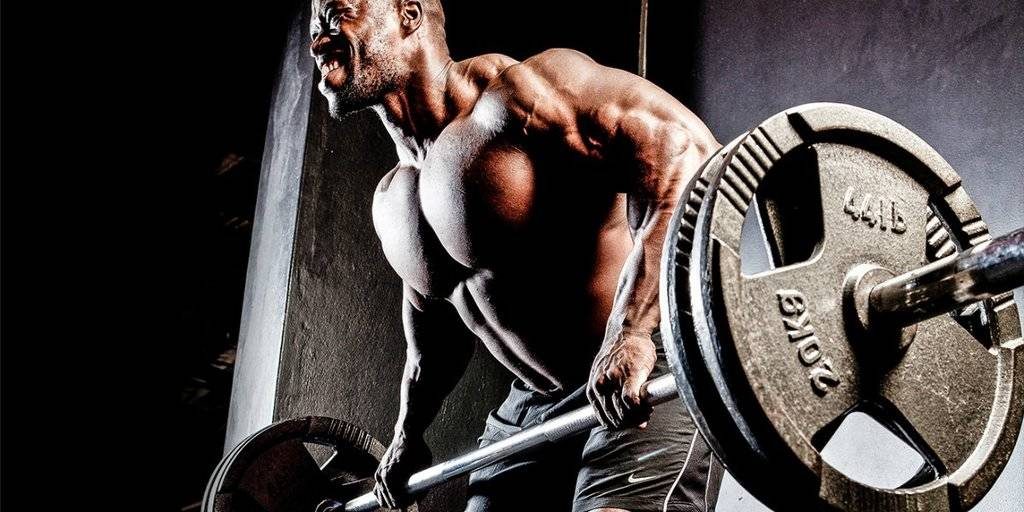I think many of us know from childhood that we need to drink milk. And why? Because “you will be healthy”, I want to add. A little more erudite people understand, because dairy products have calcium – a mineral that is vital to us. Today we will tell you from a practical point of view how this mineral helps us build muscle, and also what form of this substance is best absorbed.
Calcium in Bodybuilding
Let’s start with what calcium (mineral) is all about.
Calcium is a MACROELEMENT that performs many functions in the human body.
For instance:
1. This is the main building material for our bones.
2. Contributes to muscle contraction and the maintenance of normal neuromuscular irritability.
3. Takes part in enzymatic processes.
4. Helps normalize the menstrual cycle in women.
5. Supports heart muscle.
6. Helps strengthen immunity.
7. Blood coagulation is also dependent on the level of calcium in the body.
These are useful properties in the very first approximation.
In fact, calcium (mineral) for athletes is needed in sufficient quantities, because due to the consumption of a large amount of food containing phosphorus (chicken and turkey meat, pork, dairy products, nuts, whole grains, beans and lentils, etc.), calcium absorption is suppressed.
Calcium for Athletes
Calcium is very important for bodybuilders and people involved in sports, because:
• This is the MOST IMPORTANT mineral that performs muscle contraction.
• Increasing muscle size and training activity increases the body’s calcium requirements.
• Training leads to a decrease in estrogen levels, so a woman should especially carefully monitor the intake of calcium, because this circumstance reduces the absorption of calcium by the body and accelerates its loss.
• If the recommended dosage of calcium is greatly overestimated, this can lead to a decrease in the adsorption of iron, zinc, as well as other trace elements and minerals.

Why Muscle Need Calcium
A little higher, you and I examined what benefits calcium (mineral) can bring to an athlete, but for us, the most important thing is that calcium DIRECTLY CONTRIBUTES TO REDUCING MUSCLES.
The first to prove a direct correlation of muscle contraction and calcium in the body was Sydney Ringer, who lived from 1835 to 1910.
It was S. Ringer who discovered that an isolated frog heart stops beating if calcium is not added to the washer fluid.
After this, this solution was called – Ringer’s solution.
It is myofibrils that are responsible for the reduction of the entire muscle mass. By the way, myofibrils make up about two-thirds of the weight of all muscles in the dry residue.
Ringer tested the participation of Ca2 + ions in the regulation of muscle contraction by introducing various cations into the muscles. Of all the ions studied, only calcium caused a reduction at concentrations commensurate with the concentrations of Ca2 + observed in living things.
It is surprising!
Therefore, as we understand it, with a low concentration of calcium (mineral) in the body, our muscles cannot function normally.
Recommended Dosage of Calcium
Here are the necessary dosages that it is advisable to observe in order to be healthy and joyful from your workouts:
• Women 19-50 years old – 1000 mg;
• Women older than 50 years – 1200 mg;
• Pregnant women – 1000 mg;
• Women breast-feeding – 1000 mg;
• Men 19-50 years old – 1000 mg
• Men over 50 years old – 1200 mg.
Plus, you need to consider that calcium absorption improves when taken at the same time as vitamin D.
If you eat a certain amount of calcium from food, then simply subtract this amount from the total recommended dosage and take the necessary balance from the supplement.

Overdoing with calcium is also not worth it, because this can cause a variety of problems, from heart dysfunction to the development of chronic lung infection. Before taking, it is better to consult a doctor.
Indications for calcium intake
You can try to get the necessary dosage of calcium from food, but this will be extremely problematic, so supplements are a great way out.
Here are the cases in which you just need calcium:
• If your diet does not have enough calcium-containing foods (no yogurt, cream, milk, cottage cheese, cheeses).
• Thinness, menstrual irregularities in women athletes.
• If the calorie content of your diet is less than 2000 kcal per day.
• Vegetarianism WITHOUT ANYTHING GOOD (that is, without meat, dairy products and everything else).
• Osteoporosis.
• Consumption of large amounts of protein (protein supplements are considered here).
• Tooth decay for no apparent reason.
• Muscle cramps.
The best form and time for taking calcium
There are many forms of calcium (mineral), for example, phosphate, lactate, carbonate, gluconate and others.
The best form of calcium, which is well absorbed by the body, is CALCIUM CITRATE. Next comes CALCIUM MALAT.
It is best to take calcium in the EVENING or in the afternoon, because at night there is an accelerated elimination of mineral salts from the body.
If we take calcium before bedtime or in the afternoon, it will save us from accelerated calcium loss in the second half of the night.

Calcium Slimming
Some studies suggest that taking calcium, it does not matter separately and in conjunction with other supplements, can inhibit fat metabolism and weight gain during a high-calorie diet.
Moreover, the inclusion of calcium during a low-calorie diet (as during drying) can accelerate the metabolism of fats and maintain activity at a constant level.
A study was conducted in the framework of the Davies theory, which showed that taking calcium at 1000 mg per day for 4 years contributed to an overall weight loss of 8 kg in subjects.
Further, in a Zemel study, it was concluded that participants taking 800 mg of calcium or 120-1300 mg of calcium lost a significant amount of weight within 24 weeks. The control group took 400-500 mg of calcium per day.
The weight of participants who took 800 mg per day compared with the control group decreased by 26-70%, and body fat by 38-64%.
These studies show a strong relationship between calcium intake and weight loss, which plays into our hands and undoubtedly pleases.

